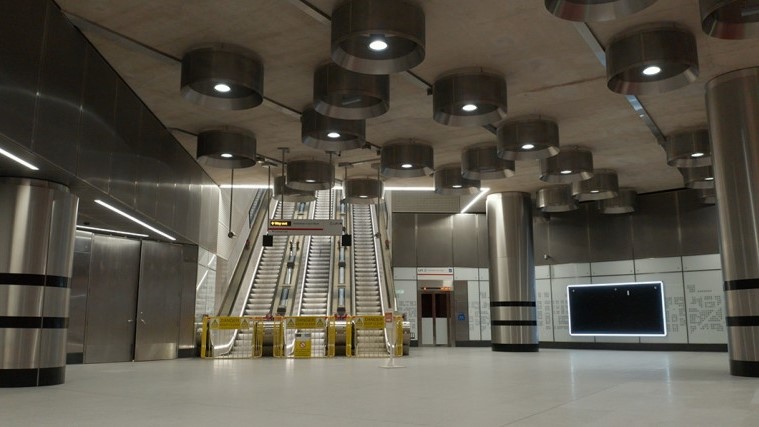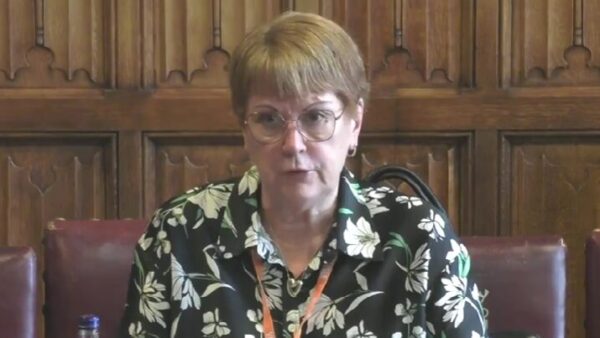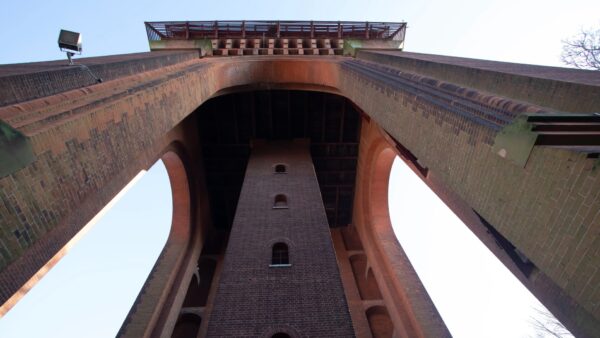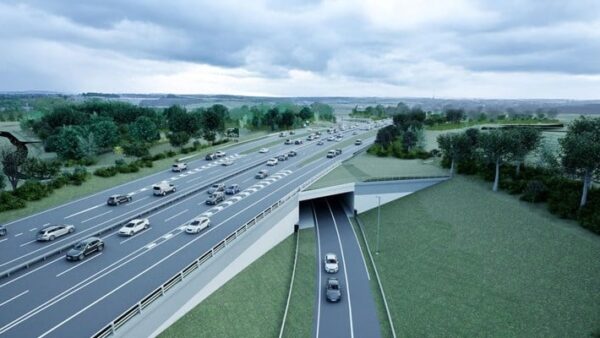
Crossrail did not have sufficiently effective commercial levers with its main contractors to prevent more cost and schedule increases, despite trying several initiatives.
That’s one of the conclusions of the latest National Audit Office (NAO) report examining the late-running project, which is now set to cost 28% more than the £14.8bn budget forecast in 2010.
Crossrail’s current forecast cost of completing the programme stands at £18.9bn, including Network Rail costs but excluding the new trains and depot. Its forecast cost is £1.9bn higher than when NAO last reported on the project in 2019.
Crossrail was originally due to open in December 2018 but trains are now not expected to start running on the central section until some time between January 2022 and June 2022.
The NAO said that despite efforts to control costs and schedule in 2019, the programme was further from completion and more complicated than Crossrail Ltd or the sponsors of the project understood, which is why, in addition to the covid-19 pandemic, costs have risen even further.
It said there were now “encouraging signs” that the project was in a more stable position with a better understanding of the total work required butt here is still a significant volume of work to complete, along with testing trains, signalling and other assets.
The NAO said in its report that Crossrail and its contractors had failed to appreciate how complex it would be to bring together all of the separate systems and assets on the rail line to make sure they work together safely. Crossrail and its contractors have to complete and integrate around 500,000 physical and digital assets such as fire safety systems and platform screen doors. There must also be digital operating manuals, guidance and processes for individual elements and the railway as a whole.
And it said that Crossrail didn’t have the commercial levers in place with main contractors to prevent further cost and schedule increases, despite trying a number of initiatives. It said that when it last reported, Crossrail had started negotiating fixed-price contracts with existing contractors for some of the remaining work to improve certainty on cost but because the amount of work required kept growing, because contracts were interdependent, and because contractors missed milestones, the incentives Crossrail put in place in 2019 could not prevent further cost and schedule increases.










